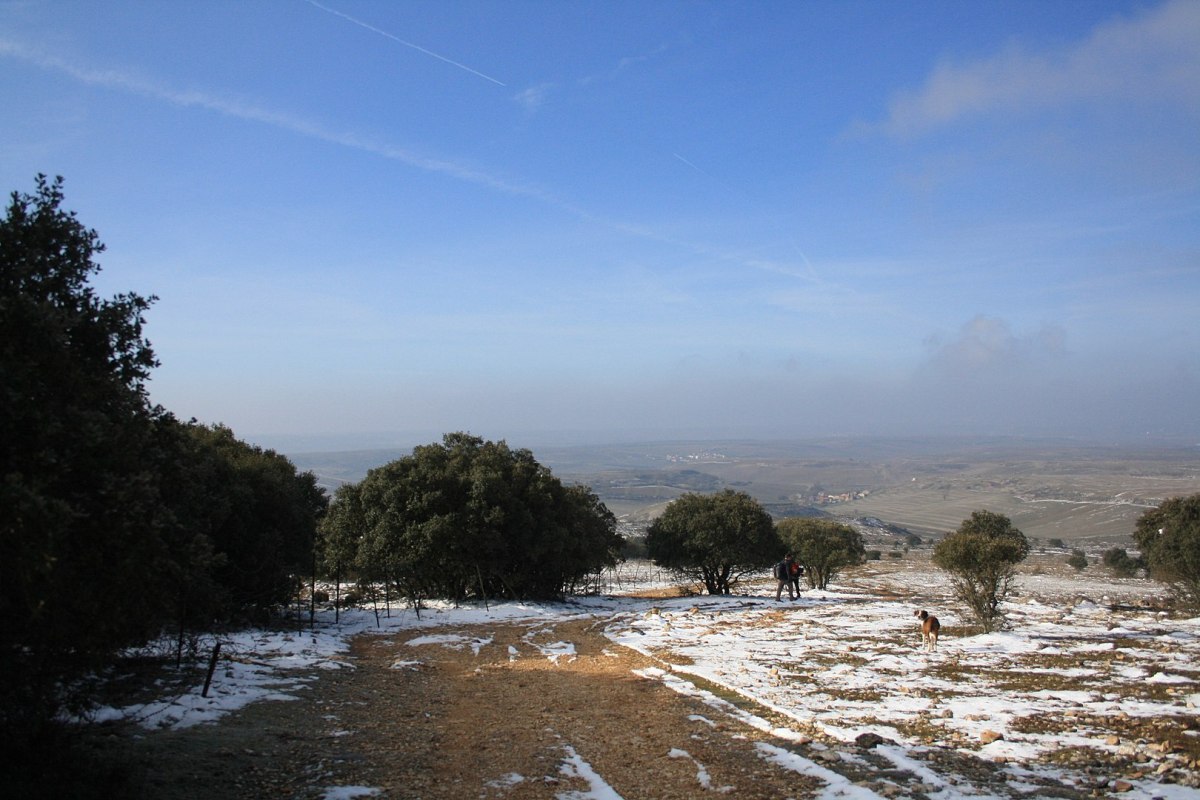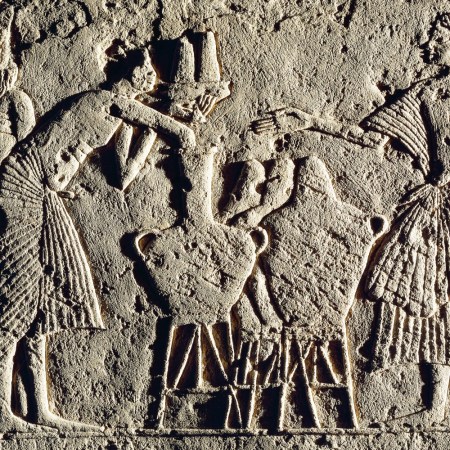If you’re traveling in northern Spain, you might find yourself in the village of Atapuerca, near the mountains of the same name. It’s also one of the places where Homo heidelbergensis, an ancestor of present-day humanity, resided. What is perhaps less clear, though, are more specifics about their everyday lives — as well as the timeframe of when they lived there.
Because of the result of a recent discovery in Atapuerca, though, scientists might have more answers to those very questions.
As The Guardian reports, a group of archaeoloigists discovered a jawbone in Atapuerca that dates back to 1.4 million years ago. That jawbone might well represent the oldest remains of a human ancestor found in Europe; if the estimated age of these remains pans out, their age would exceed the previous record-holder, which are 1.2 million years old.
According to The Guardian, the process of verifying the age of the jawbone will take between six and eight months. It was found in the same area as the 1.2 million-year-old remains, albeit buried deeper in the earth, suggesting an even older date of origin.
Simply verifying that these remains belong to a human ancestor is one thing. This discovery will also reveal more about how humans came to prehistoric Europe and how that population changed while there. Early next year, we may well have a better sense of humanity’s early days.
Thanks for reading InsideHook. Sign up for our daily newsletter and be in the know.


















